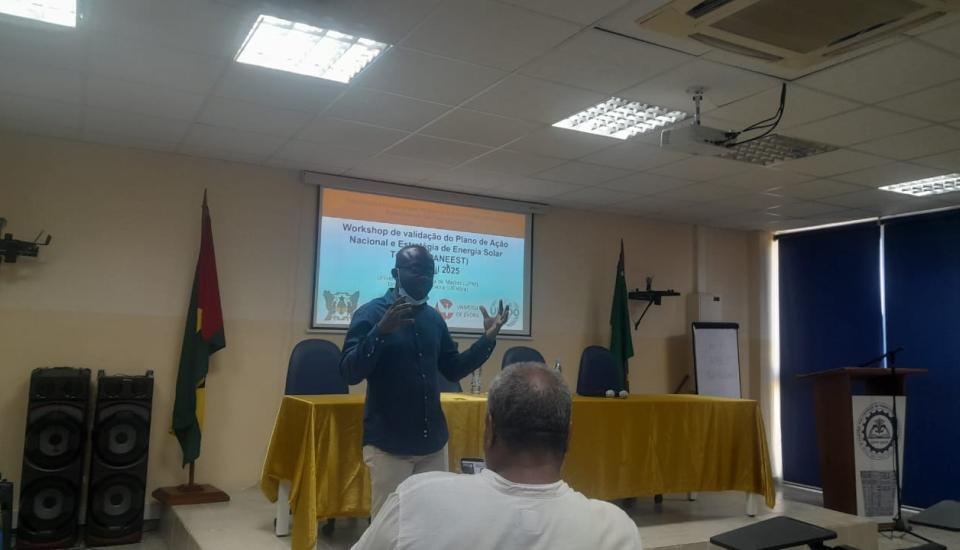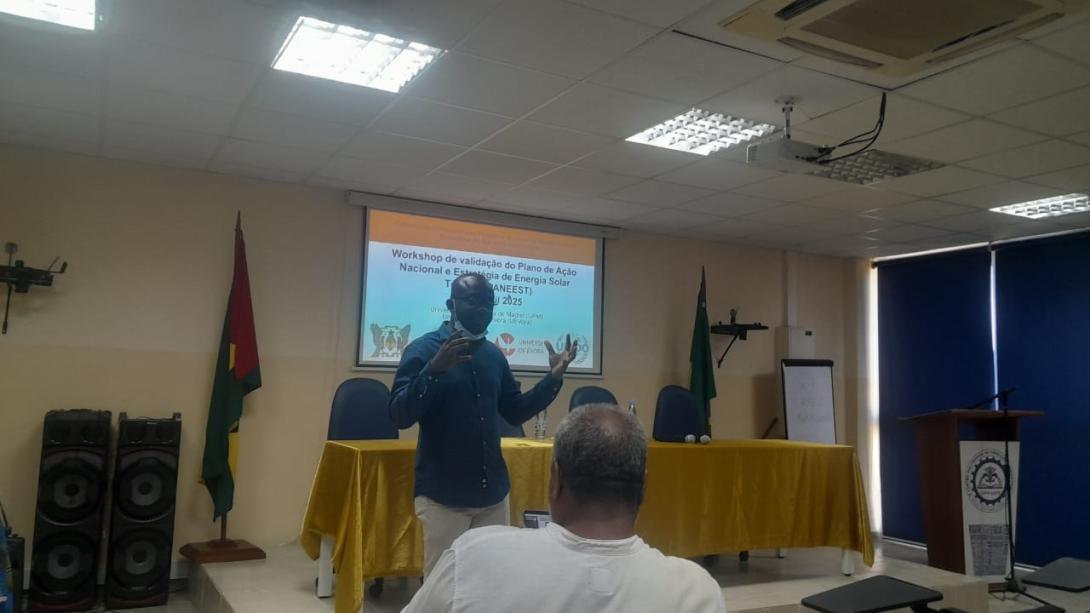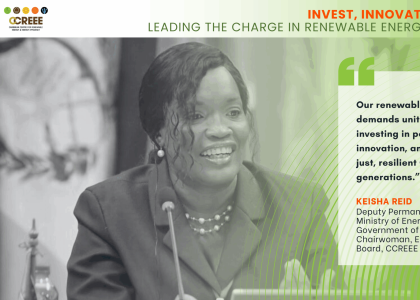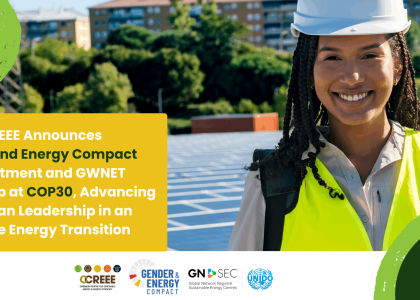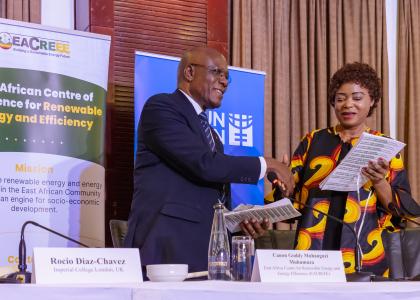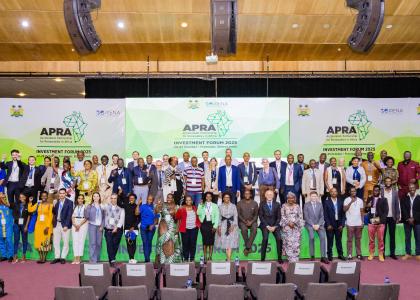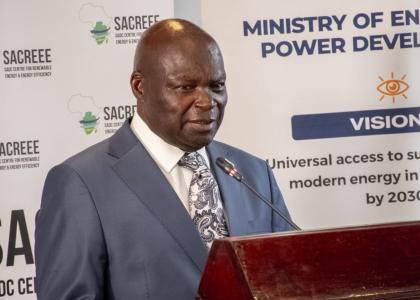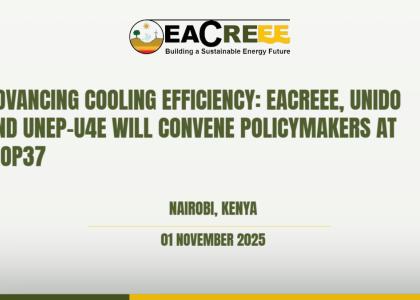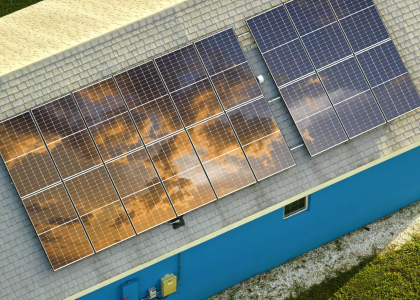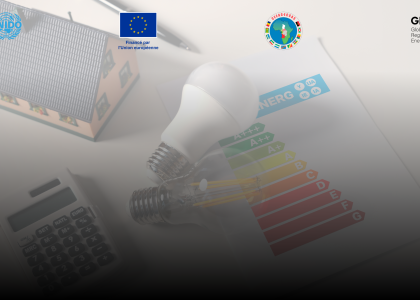In Sao Tomé and Príncipe (STP), the majority of the population lacks access to sustainable energy services, resulting in a heavy reliance on imported fossil fuels. While energy is needed across various sectors—including transport, cooking, and electricity—hot water production remains a significant contributor to overall energy consumption, particularly for cooking, personal hygiene, cleaning, and laundry.
Currently, water heating in STP depends primarily on traditional and fossil fuel-based sources such as firewood, kerosene, liquefied petroleum gas (LPG), charcoal, and diesel-generated electricity. Most of the electricity used for water heating is produced by centralized diesel power plants—the country’s main electricity source—or backup diesel generators, which are commonly used due to frequent power outages.
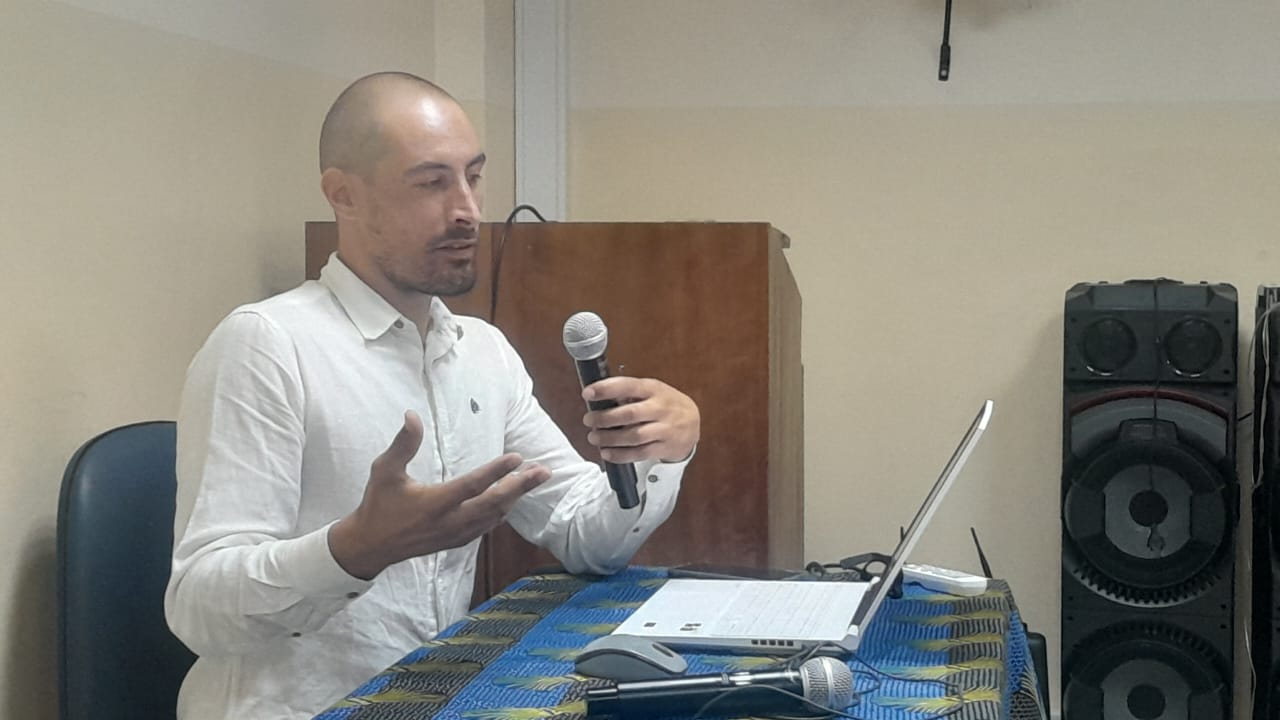
The cost of heating water using diesel-generated electricity is extremely high, whether it comes from the grid or private generators. To ease the burden on households, the government provides significant energy subsidies. However, these public funds could be better allocated to essential services or development priorities.
In addition to the financial strain, conventional water heating methods contribute to greenhouse gas emissions and air pollution—particularly in hospitals, hotels, and homes—posing serious public health risks and hampering sustainable development efforts. These practices also limit job creation and the expansion of inclusive clean energy services.
To address these critical issues, the National Renewable Energy Action Plan (NREAP) and the National Energy Efficiency Action Plan (NEEAP) have been developed with a transformative vision towards sustainable energy services. Although containing some ambitious goals, these do not specifically address solar thermal energy, which has not received adequate attention. Unlike several countries in Western and Southern Africa that have already adopted targeted policies and enabling environments for solar thermal technologies, STP had yet to develop a dedicated approach.
In this context, and within the framework of the GCF project: "Building Institutional Capacity for a Renewable Energy and Energy Efficiency Investment Programme for Sao Tome And Principe”, the United Nations Industrial Development Organization (UNIDO) in partnership with the General Directorate for Natural Resources and Energy (DGRNE) of the Ministry of Infrastructure and Natural Resources (MIRN) and the Ministry of Planning and Finance (MPF) and in collaboration with Universidad Politécnica de Madrid (UPM), it was developed a baseline assessment, a solar thermal strategy and policy guidelines to promote solar thermal solutions, together with the outline of a project proposal to assist the country in funds raising efforts in this area. These documents are intended to increase international attention and support for the transition to solar thermal services, namely solar hot water, in STP, providing the DGRNE with a comprehensive reference guide.
In this context, the National Strategy and Action Plan for Solar Thermal Energy (PANEEST) outlines key strategies and public policies to promote the adoption of solar thermal technologies and services. The plan encourages the integration of solar thermal systems with conventional energy sources to ensure reliability, while progressively reducing energy dependency, emissions, and overall energy costs in a cost-effective, inclusive, and sustainable manner.
PANEEST primarily focuses on the use of solar thermal technologies for hot water production, which is identified as the most promising application given the country’s high solar irradiation levels. The strategy targets key sectors for implementation, including public institutions (such as health centers), hotels, residential buildings, and agro-industries. By doing so, it aims to decrease reliance on conventional energy sources, reduce electricity demand on the grid, lower energy costs, and mitigate environmental pollution.
The plan also recommends a variety of financing mechanisms—such as tax incentives and access to international funding—to support adoption. In addition, it proposes the establishment of a comprehensive regulatory framework and other supportive measures to facilitate widespread implementation.
The strategy was officially presented and validated during a stakeholder workshop held in Sao Tomé on April 2, 2025. Its findings and recommendations will also be showcased in an upcoming online learning exchange—scheduled between April and May 2025 (exact date to be confirmed)—in collaboration with the Global Network of Regional Sustainable Energy Centres (GN-SEC) and the Central African Centre for Renewable Energy and Energy Efficiency (CEREEAC). The initiative is expected to serve as a model for other Portuguese-speaking countries seeking to scale up solar thermal adoption.
For further information, please contact:
- Martin Lugmayr, Industrial Development Expert and GNSEC Coordinator: m.lugmayr@unido.org
- Andrea Eras Almeida, Renewable Energy Project Expert: A.ERASALMEIDA@unido.org
- Gabriel Maquengo, National Project Coordinator: G.LIMAMAQUENGO@unido.org
- Belizardo Neto, National Young Energy Professional: B.DACONCEICAOAFONSONETO@unido.org

